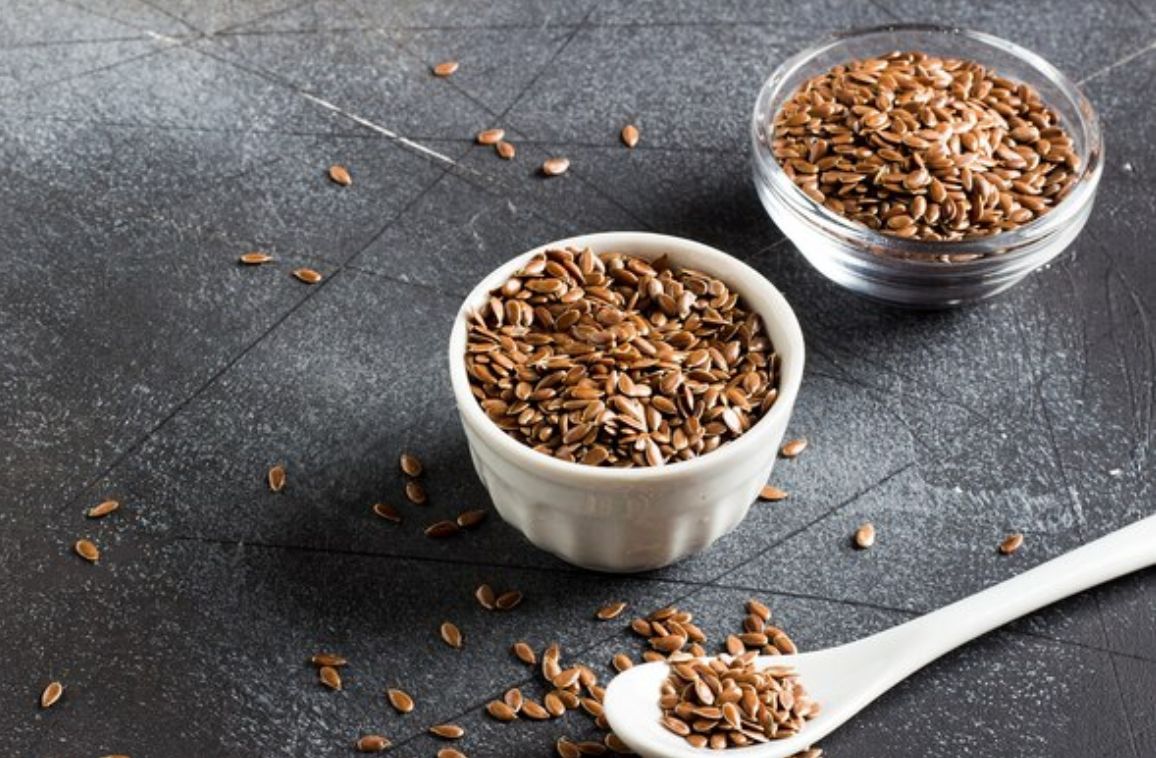Eat Smart: A Guide to Sugar Control Foods for a Healthier Life
Eat smart by consuming sugar-controlled foods. It is good to eat a healthy diet of vegetables, fruits, whole grains, beans, legumes, nuts, plant-based proteins, and lean animal proteins such as fish and seafood. Limit sugary foods and also drinks, red or processed meats, salty foods, refined carbohydrates, and highly processed foods.
Although factors like body weight, activity, stress, and genetics also play a role in regulating blood sugar and following a healthy diet is important for blood sugar management, keeping an eye on one’s daily diet helps. Consuming foods high in added sugar and refined carbs can indeed lead to blood sugar fluctuations; others can optimize blood sugar regulation while promoting overall health.
What sugar-control foods to eat?
1. Broccoli and broccoli sprouts
Sulforaphane is a sort of isothiocyanate that has blood sugar-reducing properties. This plant chemical is rather produced via an enzyme reaction when broccoli is chopped or even chewed.
Test-tube, animal, and also a few human studies do show that sulforaphane-rich broccoli extract does have potent anti-diabetic effects, thus helping enhance insulin sensitivity and reduce blood sugar as well as oxidative stress markers.
Broccoli sprouts are concentrated sources of glucosinolates like glucoraphanin. Research does show that such compounds do help promote insulin sensitivity and also reduce blood sugar levels in people with type 2 diabetes when supplemented as a powder or extract.
Also, eating cruciferous vegetables can lessen the risk of type 2 diabetes, but more research is required on this front.
2. Seafood
Seafood, including fish and also shellfish, is a valuable source of protein, healthy fats, vitamins, minerals, as well as antioxidants that can help regulate blood sugar levels.
Protein is indeed essential for blood sugar management. It helps slow digestion, prevents post-meal blood sugar spikes, and increases feelings of fullness. It can help prevent overeating and promote excess body fat loss, two essential effects for healthy blood sugar levels.
A high intake of fatty fish like salmon as well as sardines does help improve blood sugar regulation.
3. Pumpkin and pumpkin seeds
Brightly colored and also packed with fiber and antioxidants, pumpkin is considered to be a good choice for blood sugar regulation. Pumpkin is a traditional diabetes remedy in several countries, including Mexico and Iran.
Pumpkin is high in carbs known as polysaccharides, which have been observed for their blood sugar-regulating potential. Treatments with pumpkin extracts and powders have significantly decreased blood sugar levels in both limited human studies and animal studies as well.
Yet, more research is required to determine how whole pumpkins can benefit blood sugar.
Pumpkin seeds are packed with healthy fats and protein and are good for blood sugar management.
4. Nuts and nut butter
Research has rather shown that eating nuts can be an effective way to regulate blood sugar levels.
Consuming several types of tree nuts led to reduced fasting blood sugar levels in people with type 2 diabetes.
5. Okra
Okra is indeed a fruit that is commonly used, such as a vegetable. It is a rich source of blood sugar-lowering compounds like polysaccharides and also flavonoid antioxidants.
Okra seeds can be beneficial as a natural remedy for diabetes on account of their potent blood sugar-lowering properties.
Although animal studies do suggest that okra has potent anti-diabetic properties, human research studies are needed.
6. Flaxseed
Flaxseed is of course rich in fiber and also healthy fats and helps reduce blood sugar levels.

7. Beans and lentils
Beans and lentils are rich in magnesium, fiber, and protein. These nutrients can help lower blood sugar.
Several studies show that eating beans and lentils can improve blood sugar regulation and help protect against the development of diabetes.
Conclusion
Whether having pre-diabetes or diabetes or wanting to reduce the risk of developing these conditions, include sugar-control foods in one’s diet.
However, keep in mind that your overall dietary intake, as well as factors such as your activity level and body weight, are most important when it comes to optimizing blood sugar regulation and protecting against chronic disease.



